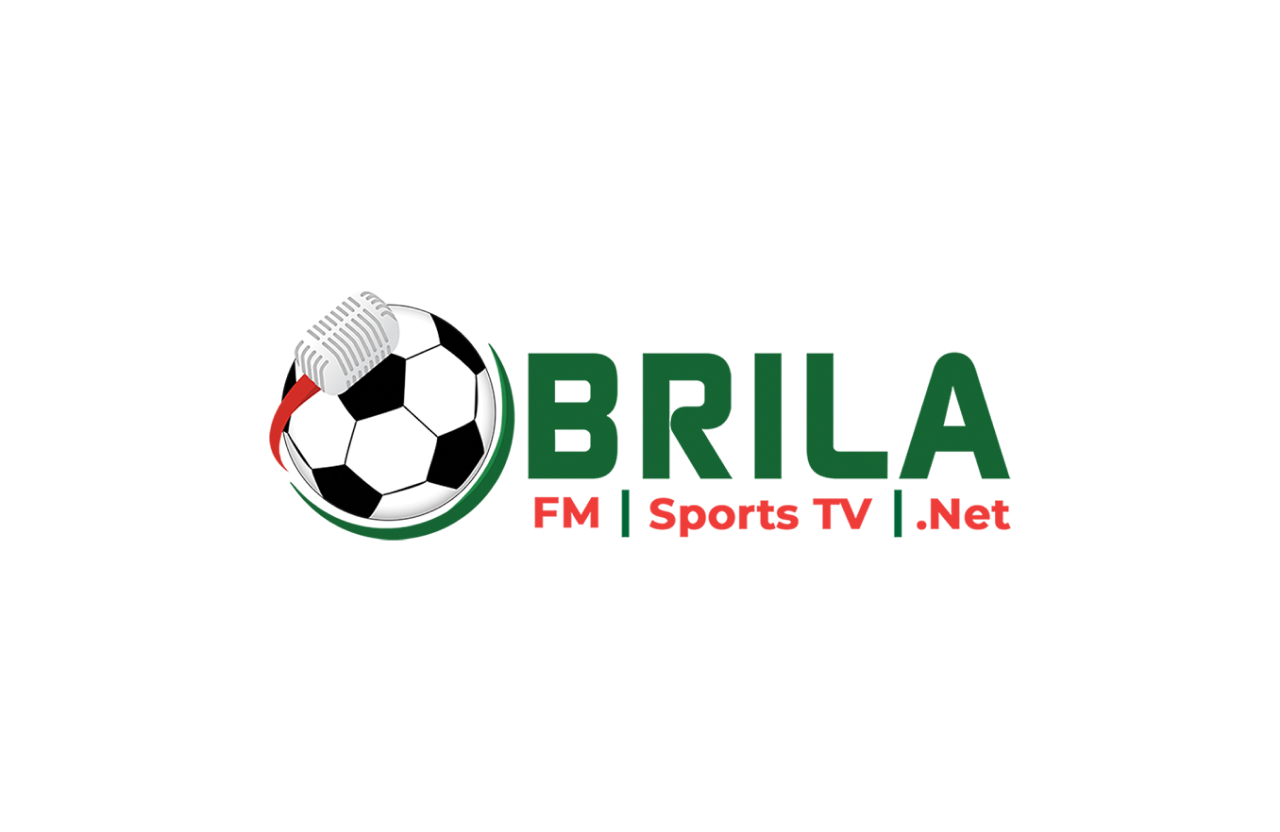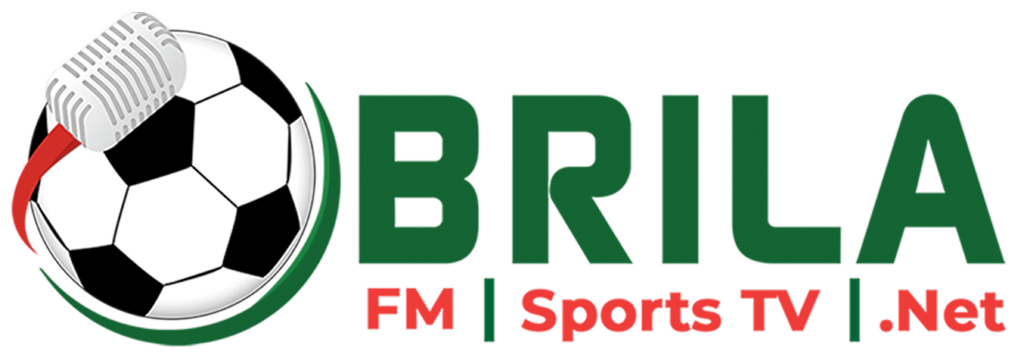World Athletics has unveiled a pioneering initiative to protect 25 of its most targeted athletes from online abuse, deploying artificial intelligence to monitor and safeguard their social media accounts year-round.
This comes after an extensive four-year study revealed the shocking scale of abuse athletes face during major events like the Olympics and World Championships.
The global governing body conducted a deep dive into over 1.4 million posts and comments across social platforms, identifying troubling trends of harassment directed at track, field, and road athletes.
The study, covering two Olympic Games and two World Championships, focused on abuse where athletes were directly tagged, excluding private messages. Of the 2,438 athletes analyzed, the findings were stark.
World Athletics has not disclosed the identities of the 25 athletes selected for AI protection, but it has promised to expand the program in the coming year.
“We have invested significant resources into conducting research into online abuse and one of our significant successes from this initiative has been our ability to offer athletes support and providing them with the tools to proactively protect themselves against online abuse,” said Lord Coe, president of World Athletics.
“Athlete welfare is at the very top of our priority list, and we will continue to put measures in place to ensure that athletes can confidently and safely engage with social media platforms.”
Key findings from the study include:
1.4 million posts or comments analyzed.
1,258 posts and comments reported to the relevant platforms.
254 abusive accounts escalated to platform authorities.
Two serious cases have been referred to law enforcement after abusive accounts were identified and evidence gathered.
The report also painted a concerning picture of the abuse directed at female athletes. During the Tokyo 2020 Olympics, 63% of all abuse targeted two female athletes, with 29% of the abuse sexist and 26% racist.
A similar pattern emerged at the 2022 World Championships in Oregon, where 59% of the abuse was aimed at women, with 36% of it sexual or sexist and 19% racist.
At the 2023 World Championships in Budapest, the study revealed an alarming surge in racist abuse, with 35% of all abuse being racist—a shocking 12-fold increase from 2022.
In a troubling trend, two athletes accounted for 82% of the abuse at the Paris 2024 Olympics, with racial, sexual, and sexist comments making up a significant portion of the hate.
One of the more startling trends identified in the study was the growing “weaponization of emojis”. Athletes are now being harassed using seemingly innocent emojis, which are often used to bypass platform guidelines.
The study discovered how these digital symbols have become increasingly integral to online abuse.
As part of its ongoing efforts, World Athletics is rolling out educational materials to help athletes better protect themselves from online harassment.
“We will continue exploring the depth and type of future protection for athletes, and will consult with athletes to ensure the most effective deployment of services,” said Lord Coe.
This initiative is meant to start a new era in the battle against online abuse, providing athletes with the tools to reclaim control over their digital spaces while safeguarding their mental and emotional well-being.



